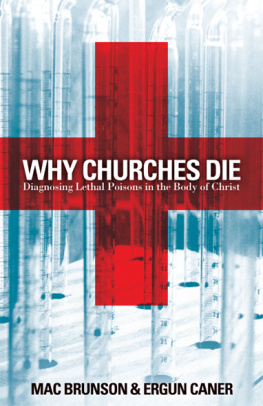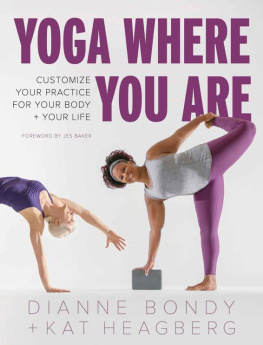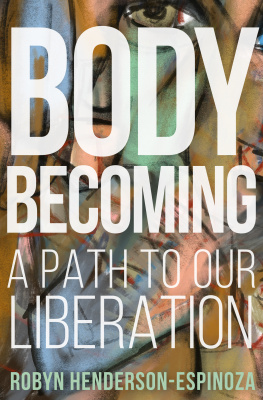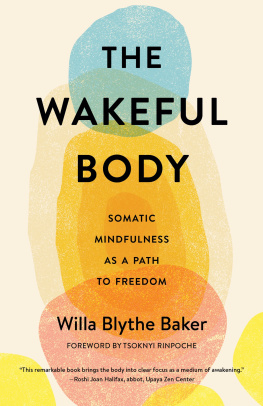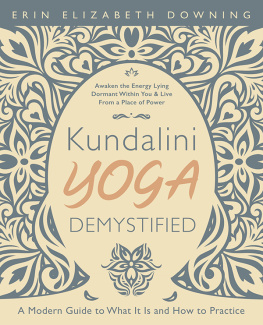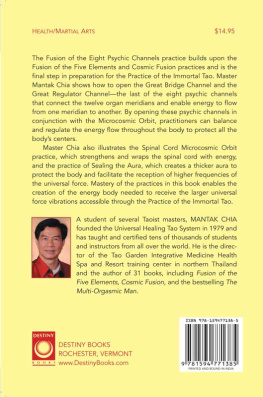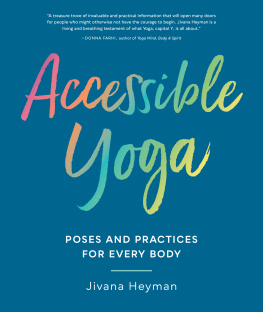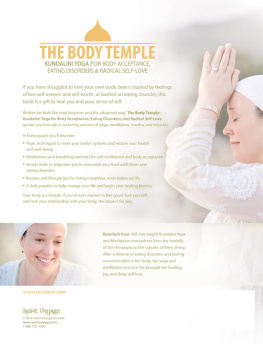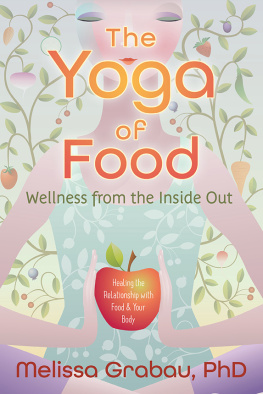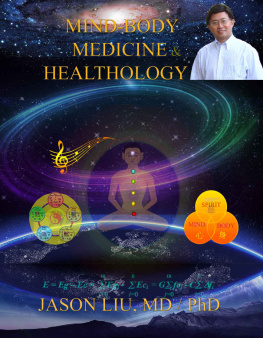In this time of rapid social change and widespread spiritual seeking, many people yearn for a way of life that is good in a deep sense and attuned to the presence of God. Yet the contours of such a way can be difficult to see. What might it mean to live with integrity and hope when the pace of existence is accelerating and lifes patterns are in flux? What is the shape of a life lived in right relation to other people, to the created world, and to God? Is it possible to imagine not just getting by but flourishingas individuals, as communities, and as a global society, in concert with creation and in communion with God?
Such questions are in the hearts and minds of many seekers who are exploring spirituality today. Whether they grew up beyond religious communities or left the religious households of their childhood, they are now searching for some context of larger belonging and some pattern of believing and valuing that is richer and deeper than that offered by the wider culture. And life-long Christians are pondering these questions as well, longing for a profound and relevant understanding of what Christian faith has to do with their work, with friendship and marriage, with the way they raise their children, with public life and politics, and with how they use their time and money.
The Practices of Faith Series offers help drawn from the deep wells of Christian history, belief, and experience to people who long for a way of life that can be lived with integrity in our time. Books in this series focus on the practices through which Christian people seek to live in response to the love and grace of God. Practices are shared activities that address fundamental human needs; when woven together over time, they form a way of life. Reflecting on Christian practices, seekers and those who belong to other traditions will discover insights into matters of human flourishing that are of urgent concern to all thoughtful people, while Christian readers will encounter fresh perspectives on their long-cherished beliefs.
In Honoring the Body, Stephanie Paulsell invites readers to explore a practice without which we quite literally cannot live, but which is nonetheless severely endangered. At the core of this practice is that most fundamental fact about ourselves and othersembodiment, and with it the capacity for pleasure and suffering, for exertion and rest, for generativity and death. And yet today the human bodyso intricate and capable, and yet so vulnerableis threatened by dishonor, as a few impossibly perfect bodies are glorified while many, many others are despised as the wrong weight or the wrong color or the wrong something else. Paulsell does not recoil from directing our gaze to the terrible treatment some bodies receive, but her guiding purpose is to disclose how a Christian practice can guide us into a better way. Other aspects of the same practice encourage honor for the body in its strength and pleasure. Paulsell explores the moves and gestures of this practicethe washing of feet, the sharing of food, a babys bath, and many morewithin the context of everyday life, while also surrounding contemporary practice with a cloud of biblical and historical witnesses. All of these are in turn surrounded by Gods embrace of the human body, which is created in Gods own image, known by God in the incarnation of Jesus, and made newly alive, though still bearing wounds, in Jesuss resurrection.
Stephanie Paulsells hope for those who read this book is that you will find here resources for developing a sustainable practice of honoring the body within the uniqueness of your own daily life. My hope for the readers of all the books in this series is the same. I urge you to find companions with whom to discuss, pray about, and live each Christian practice.
Dorothy C. Bass
Editor, Practices of Faith Series
November 2001
Valparaiso, Indiana
The poet Jane Kenyon once wrote of the long struggle to be at home in the body, this difficult friendship. Who of us does not have intimate knowledge of just how difficult a friendship this can be? If you have ever worried over your bodys size and shape, you know what Kenyon means. If you have ever been frustrated by the limitations of your body, you know the struggle she speaks of. If you have ever experienced your body more as a source of shame and confusion than as a source of delight, you know how hard it can be to feel at home in the body. A difficult friendship indeed.
And if you have ever wondered how to celebrate the bodys pleasures and protect the bodys vulnerabilities in a world that seems confused about both, you know how much we need practices that honor the body. We have, it seems, plenty of information about how to deal with certain anxieties about the body. Scientists direct us to certain foods that can protect our bodies from disease, magazines tell us how to lose weight or have better sex, health clubs and gyms promise the body youve always wanted. But somehow these suggestions for our individual bodies fail to satisfy in any deep and lasting way.
In this book Id like to offer another way of entering into the difficult friendship with our bodies, a way born of the conviction that embodiment is a sacred gift. I want to suggest that we have the resources for a rich practice of honoring the body in the accumulated wisdom of religious traditions. As a Christian, I know that my own tradition has long struggled with unease about the body. But I also know that sustained attention to the vulnerabilities and the sufferings, the pleasures and the confusions of the body has helped faithful people throughout history to deepen their relationship with God and others. Can such attention also help us fashion a practice of honoring the body from the accumulated wisdom of past and present? I believe it can. It will not be just an individual practice, however; it will be a shared, communal practice, one we engage in with others.
In the first two chapters, I will explore resources from Christian faith for a practice of honoring the body and discuss a set of unavoidable tensions about the body that will help shape the practice. I will then invite you to explore with me how we might honor the body in activities that punctuate our daily lives: bathing, clothing, eating, working, exercising, loving, and suffering. We will seek wisdom from Scripture, history, and contemporary experience, in story and song and poetry.


